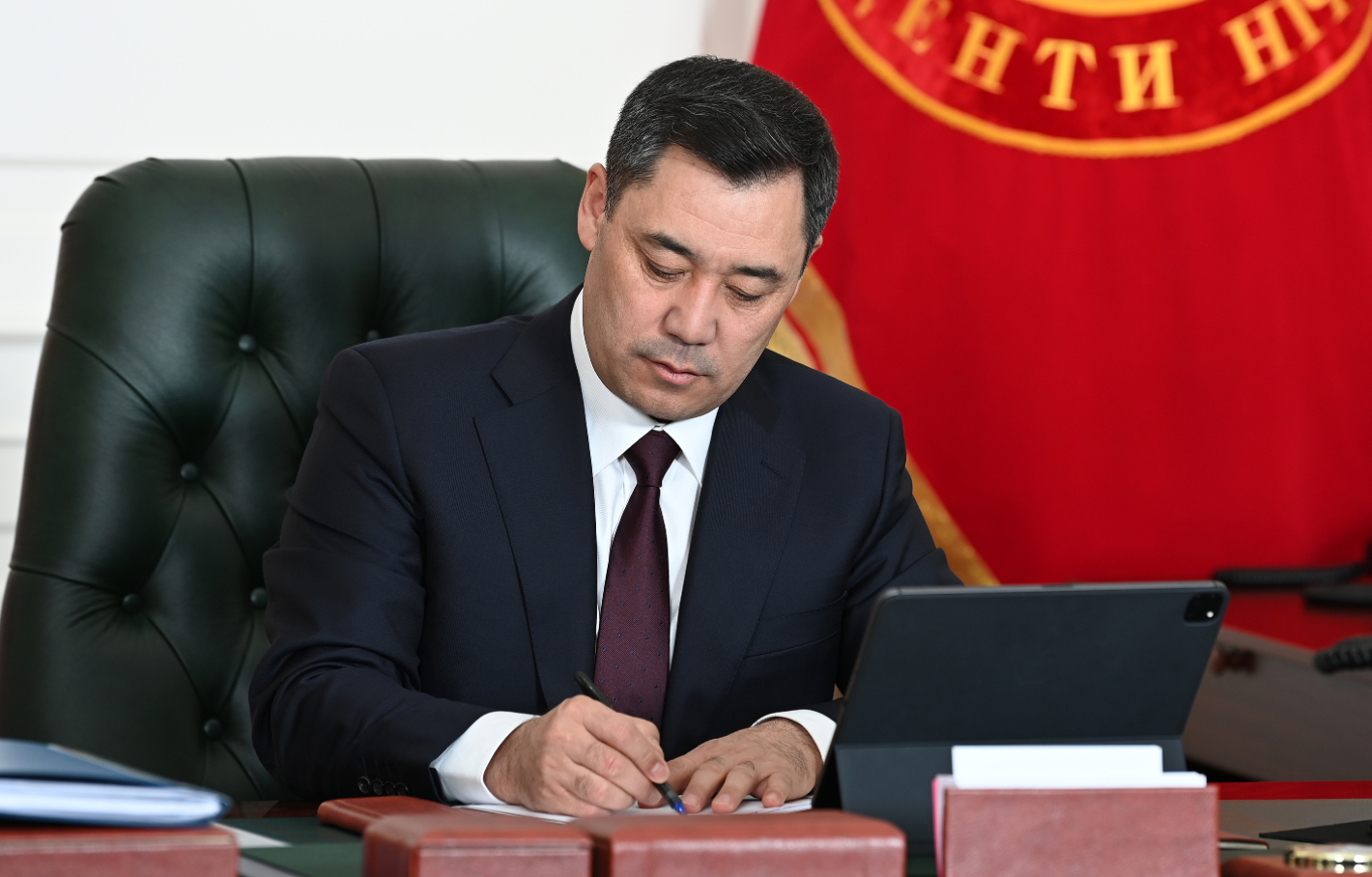The President of the Kyrgyz Republic, Sadyr Japarov, has signed the Law of the Kyrgyz Republic on ratification of the Protocol on Amendments to the Treaty on the Eurasian Economic Union of May 29, 2014, regarding the determination of the procedure for collecting indirect taxes when providing services in electronic form. This protocol was signed on December 9, 2022, in Bishkek and was adopted by the Jogorku Kenesh of the Kyrgyz Republic on October 5, 2023.

The primary objective of this law is to facilitate the internal state procedures necessary for the implementation of the Protocol on Amendments to the Treaty on the Eurasian Economic Union of May 29, 2014, specifically focusing on the determination of indirect tax collection procedures for services provided in electronic form.
The Protocol sets forth a framework for collecting Value Added Tax (VAT) on electronic services in the mutual trade among member states of the EAEU. This protocol introduces a supranational mechanism for VAT payment on electronic services, with key provisions including:
- Place of Consumption: VAT on electronic services will be paid at the location of the service's consumer, following the principle of the destination country.
- Simplified Registration: Taxpayers can register in the country of consumption or conditionally register in a simplified manner through online means.
- Technical Adjustments: The Protocol includes technical adjustments to certain provisions of the Treaty on the EAEU concerning the collection of indirect taxes and the monitoring of their payment during the import and export of goods, provision of services, and performance of work.

Before the implementation of this Protocol, there was no uniform approach to the taxation of electronic services across EAEU member states. This often led to situations of double taxation or instances where such commercial activities remained untaxed in any of the EAEU member states.
Furthermore, the Protocol allows service providers to register as VAT payers remotely in EAEU member states where they provide services electronically to buyers. This simplified registration process, along with the option to submit electronic declarations, aims to streamline the tax payment process.
Key aspects related to the taxation of electronic services, including registration, deregistration, tax base, VAT rates, calculation, and payment of VAT, tax incentives, return procedures, and the offset of overpaid VAT, are now determined by the legislation of the member state in which the services are deemed to be implemented.
In essence, the Protocol introduces a unified approach for the determination of indirect tax collection procedures when providing electronic services within the EAEU, fostering greater consistency and clarity in the taxation of such services across member states. These amendments are expected to simplify tax compliance for businesses and reduce the risk of double taxation, promoting smoother cross-border trade in electronic services within the EAEU.
Follow Daryo's official Instagram and Twitter pages to keep current on world news.
Comments (0)